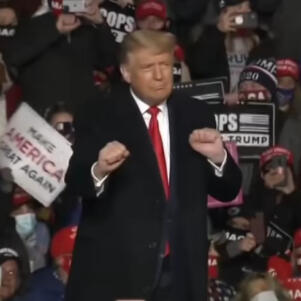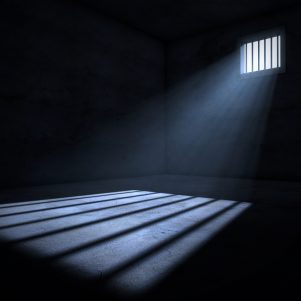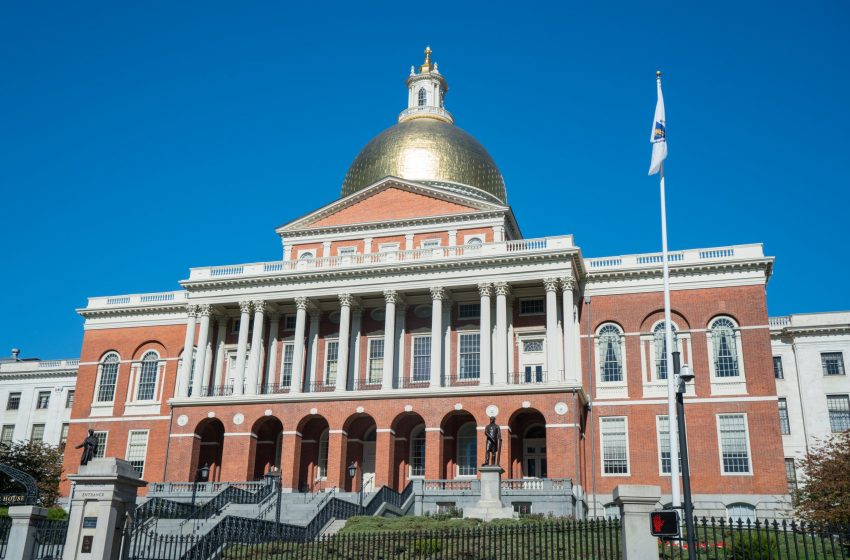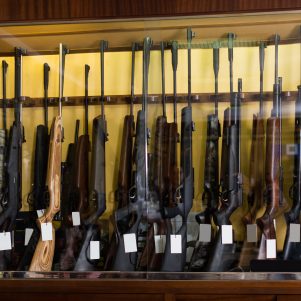Massachusetts Anti-Abortion-Funding Drive Falls Short Again
By Matt McDonald | December 3, 2019, 18:07 EST
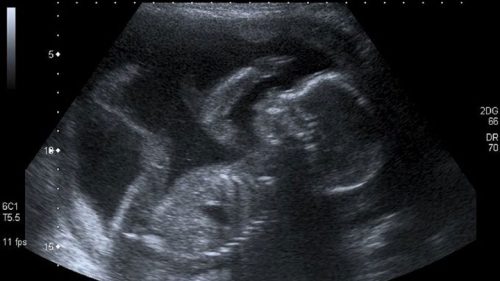 Unborn baby at 20 weeks.
Unborn baby at 20 weeks. A petition drive seeking to make it possible to stop public funding of abortion in Massachusetts has come up short on signatures, meaning voters won’t see a referendum on it in 2022.
Thomas Harvey, chairman of the Massachusetts Alliance to Stop Taxpayer Funded Abortion, announced Tuesday that petition supporters “have fallen well short of the number needed.”
The proposed amendment to the Massachusetts Constitution consists of just 10 words: “Nothing in this constitution requires the public funding of abortion.” It would overturn a 1981 Massachusetts Supreme Judicial Court decision that the state government must pay for abortions for poor women if the state provides any medical services to poor women.
Supporters of the proposed constitutional amendment needed to submit certified signatures of at least 80,239 registered voters to the Massachusetts Secretary of State’s office by Wednesday, December 4 in order to qualify for the next step in a long process. But that won’t happen.
The Secretary of State’s office keeps a running tally of gross numbers of signatures based on the numbers reported by local town clerks and city clerks. That number is not public at this stage but is available to sponsors of petitions, a spokesman for the state agency told New Boston Post on Tuesday, December 3.
Town clerks and city clerks had until Monday, December 2 to certify signatures and report numbers to the state. If the total number of signatures reported to the state is less than the threshold needed to qualify, supporters of a petition know that the effort won’t succeed.
The gross figure from the state is 58,559, Harvey told New Boston Post on Tuesday. That’s 21,680 less than the number needed. The gross figure may go down as the Secretary of State’s office scrutinizes petition sheets.
Supporters of the measure could try again in 2021 in hopes of making the 2024 statewide ballot.
“At present, I’m willing to do it again. But if some key volunteers don’t want to do it, I’m stuck,” Harvey said in an interview with New Boston Post. “… I’m hoping for advice. If we are going to do it again, we’ve got to do something different.”
This year’s was the third effort. In 2015 Harvey had little organizational help and came up well short. In 2017, Renew Massachusetts Coalition partnered with Harvey’s organization, and the result was much closer to the mark. This year Renew Massachusetts Coalition again assisted Harvey’s organization and the number of signatures gotten was similar – 58,559 in 2019 versus 57,396 in 2017.
But the bar is much higher this year – almost 24 percent – because so many more people voted in the 2018 state election than in 2014. (The number of signatures needed is based on a percentage of the number of voters who voted in the governor’s race at the last state election.)
Harvey is just in the beginning stages of analyzing signature totals for this year, but he has noticed some interesting trends. The effort did much better on the South Coast of Massachusetts this year than last time, for instance. In New Bedford, the number of signatures went from less than 500 to more than 2,000, Harvey said. Fall River also saw a jump.
But Boston got significantly fewer signatures this year than in 2017.
Harvey highlighted two factors: how gung-ho particular volunteers are, and how helpful local Roman Catholic pastors are.
The Roman Catholic Church teaches that abortion is immoral and should be illegal because it kills a human being before birth, which the Church says has a right to life. But not all Catholic pastors are enthusiastic about the Massachusetts petition. Some also don’t agree with promoting signature gathering on Church property – which is a likely place to get signatures for a petition that would limit abortions, since church-going Catholics are more likely to oppose abortion than most other segments of society.
In 2017, the four Roman Catholic bishops initially prohibited signature gathering on church property. Late in the process, two of the four bishops – the leaders of the Archdiocese of Boston and the Diocese of Worcester – allowed signatures to be gathered if local pastors approved it, with the provision that signatures could not be collected in such a way as to impede flow to and from Mass.
But the other two bishops – in the Diocese of Springfield in western Massachusetts and in the Diocese of Fall River, which includes the South Coast and Cape Cod and the islands – never allowed it.
This time around, in September 2019, the Massachusetts Catholic Conference, the political arm of the four Catholic bishops, issued a statewide policy allowing pastors or parish administrators to decide whether to allow signature gathering for a petition as long as it is “in accordance with the teachings of the Church” and the gathering takes place “away from the flow of parishioners approaching or departing Holy Mass.”
With a limited number of volunteers, Harvey said, he selected Catholic parishes carefully based on whether a particular pastor was likely to support the petition. If a pastor says positive things about a petition, Harvey said, people come out of church looking to sign.
“If you don’t have the priest’s endorsement, that’s hard going,” Harvey said.

